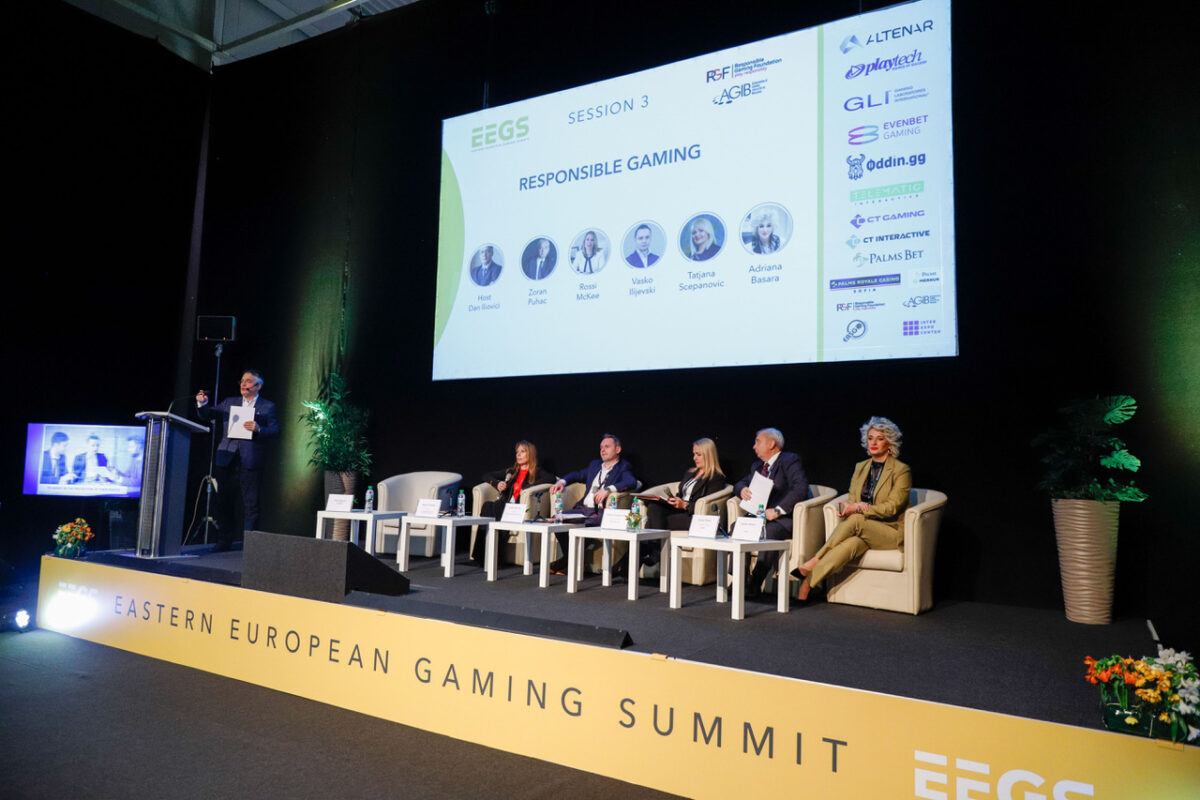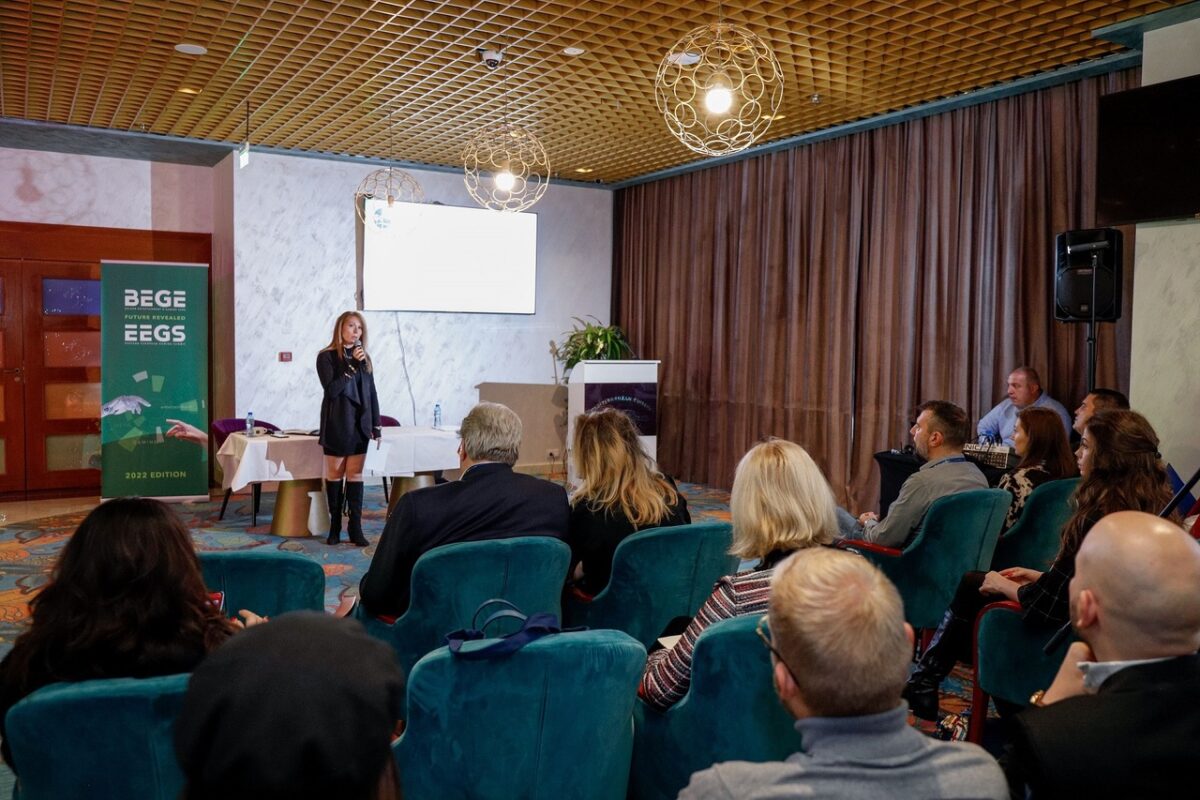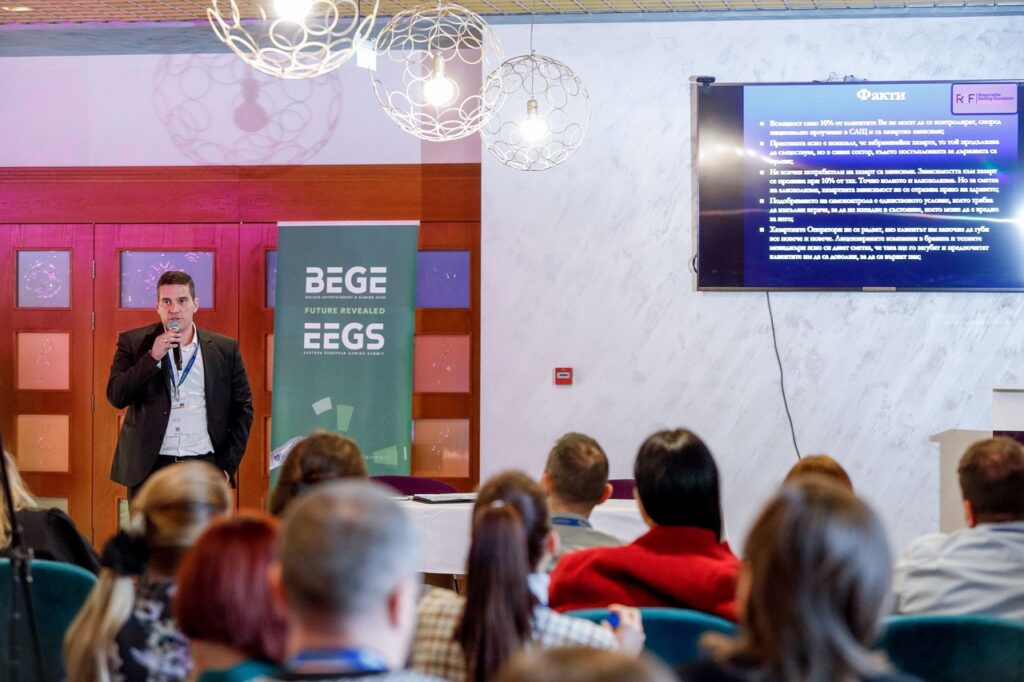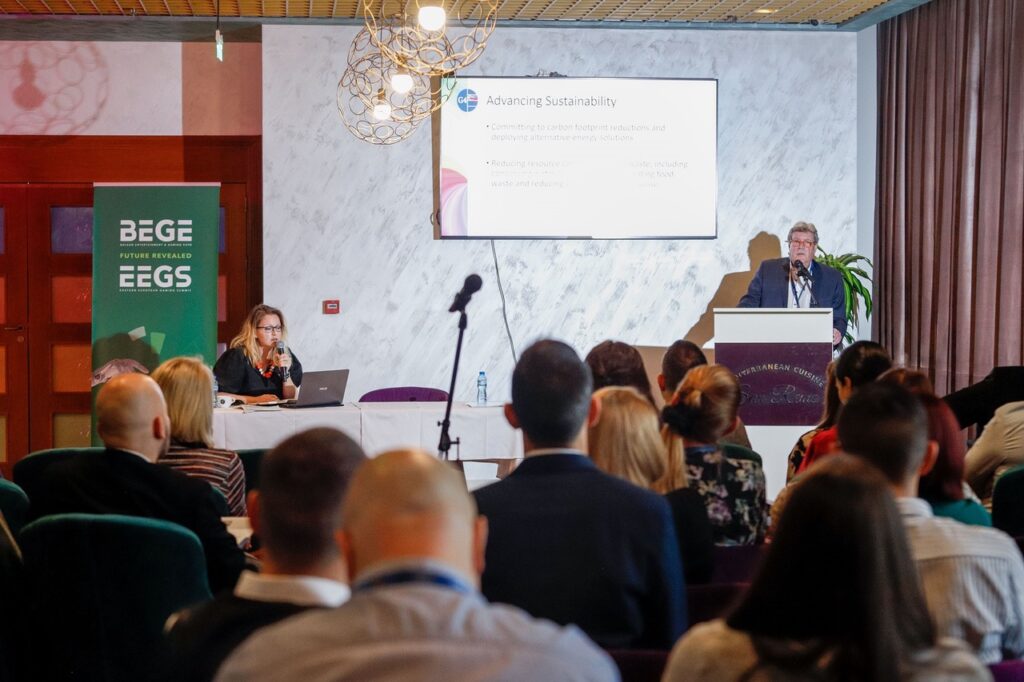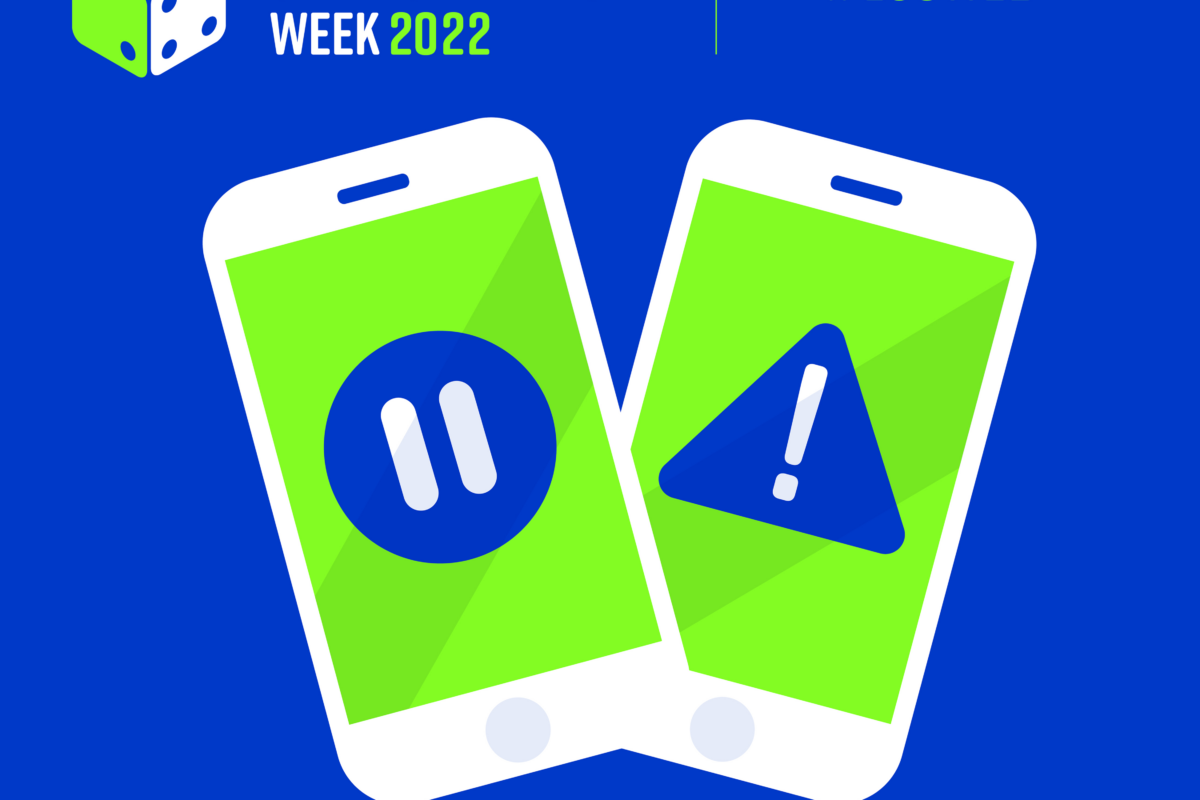Associate Professor Mariana Todorova, PhD
In the age we live in with technology dominating our lives as a presence, the fight against online addiction becomes a pressing concern. While traditional approaches certainly have their merits, there is now a wave of innovative and hitherto unknown measures emerging that promise to more effectively address these modern challenges. They are primarily aimed at the so-called “digital natives”, which are the generations around the new millennium (“millennials”, “X”, “Y”, “Z”). These are innovative methods that will not be so mainstream, but will treat or prevent online addiction by using the same digital technologies, but in a positive way.
One of these future services will be virtual reality therapy. Similar to the use of VR to overcome post-traumatic stress and relieve pain in people with severe or terminal illnesses, the technology can offer fascinating therapeutic methods that are much more successful in counteracting digital addiction. People struggling with this modern disease will enter VR environments where they will face and deal with the root causes of their addiction under the expert guidance of professionals.
Places and breaks for “digital detox. These locations will offer a break from the ever-present screens. They will provide a wide range of outdoor activities, relaxation practices and advice to help participants reconnect with technology, but on the spectrum of healthy use as a tool for work or recreation, without severe consequences.
As a new but rather massively threatening phenomenon, digital addiction will bring a new type of social responsibility in the private and possibly the public sector. These will be technological holidays. Progressive organizations will offer paid vacations during which employees will disconnect from all digital devices. Such downtime, showing the forgotten past, can effectively reduce technology burnout and addiction.
Digital Accountability Partners. What could be behind it? We all get a report from our cell phones about our screen time. Such digital addiction accountability partners may be AI-based applications. These digital “friends” will track the person’s screen time and online activity, such as reminders and suggestions to take breaks and switch to alternative and more beneficial activities.
Public spaces without technology. Designating public spaces, such as parks and libraries, as “technology-free zones” is also a fresh approach, which is already being implemented informally. In the future, more and more such methods will encourage people to turn away from the screen and enjoy social communication and interactions without technology. The concept of Tech-Lite Cafes and Restaurants is becoming more and more popular. These are cafes and restaurants that offer discounts to customers who leave their smartphones in designated lockers while dining. Thus, a full social life beyond technology is encouraged.
Digital art therapy. Through digital art, people will be able to express their emotions, experiences and inner struggles related to digital and gaming addiction.
Games and challenges without screen and digital technologies. Organizing mass analogue games where participants will compete to see who can stay offline the longest will also be a form of returning to pre-digital lifestyles.
“Mutual support” groups, but aided by artificial intelligence. Group psychotherapy for any type of addiction has long been known, but the new forms will be with chatbots that facilitate discussions, provide resources and offer emotional support to people struggling with addiction. In a more distant future, real psychologists will be assisted by AI avatars, providing them with therapeutic training or offering counseling and support to individuals through video calls or virtual reality. They will help remove potential barriers to traditional therapy where addicts are afraid to share about it with real therapists.
Parental controls, again assisted by artificial intelligence, can adapt to the behavior of children or young people, learning when and how to apply or not limit screen time and provide educational content during enforced breaks.
Unconventional measures like these could complement traditional approaches to tackle online and gaming addictions, promoting healthier digital habits and improving overall well-being.


